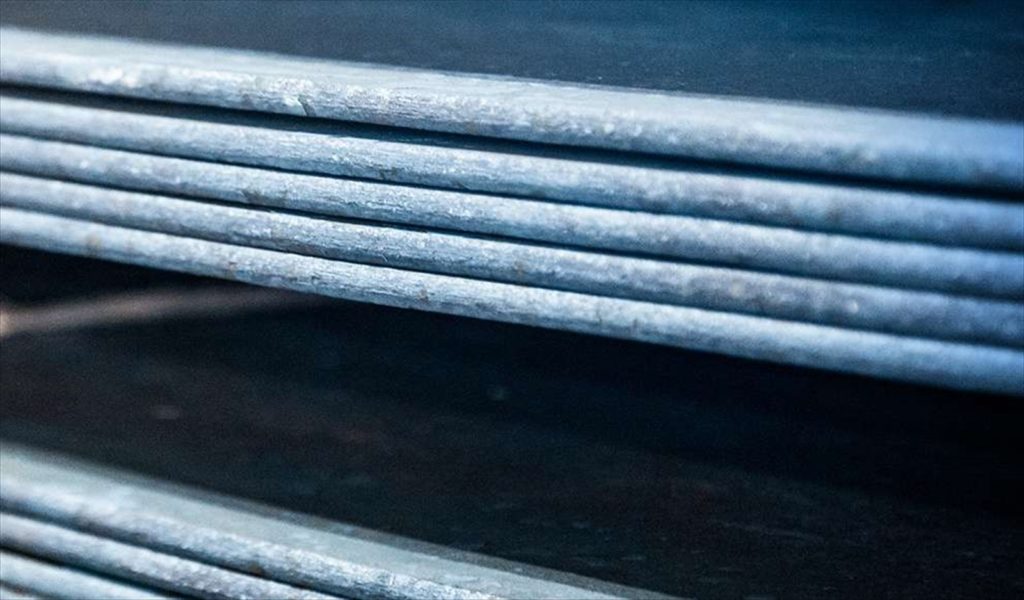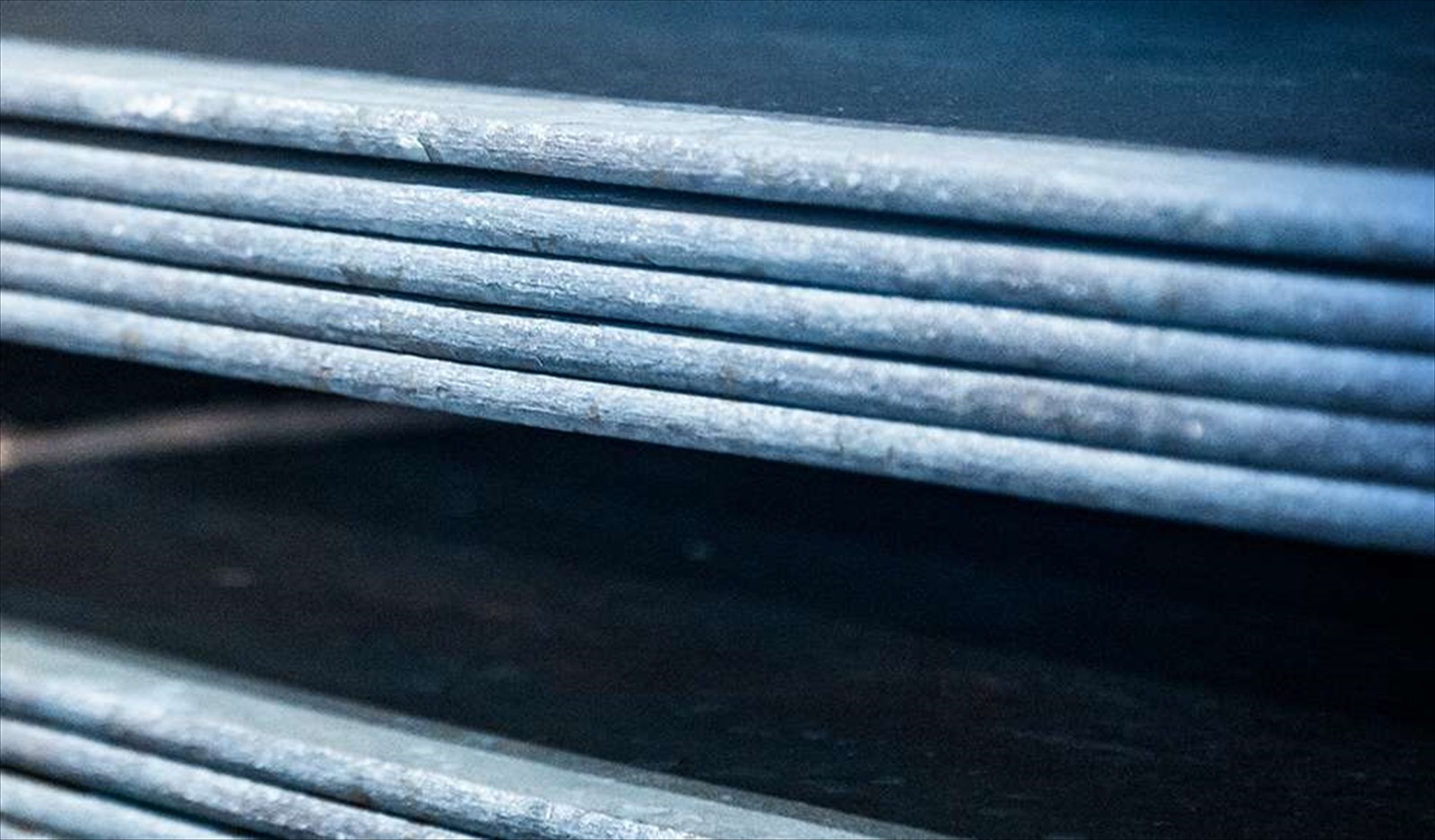Abrasion is the result of metal parts rubbing against each other, often occurring in situations where there are mechanical vibrations or moving parts. Abrasion can start as surface wear, but if it is left unchecked it can lead to the structure and quality of materials being undermined and even the eventual failure of components.
Steel is often resistant to abrasion, but some are more resistant than others. High carbon steel is a strong material, however, the high carbon makes it brittle and more susceptible to small pieces chipping off. Abrasion-resistant steels are hard but also more malleable because of their alloy content.

Abrasion resistant steel is a specifically manufactured metal that is essential in industries where components endure vibration, wear and tear, or rub against each other.
Where is Abrasion Resistant Steel Used
Abrasion-resistant steels are effective for situations where wear and tear are commonplace. Places where you are likely to find abrasion resistant steel include:
• Dump truck bottoms
• Tree cutter blades
• Vibrating Conveyors
• Gravel crushers
• Chute liners
• Wear plates
• Excavation equipment
• Mining equipment
What’s in Abrasion Resistant Steel?
Abrasion resistant steel starts off the same as normal steel, with iron ore and carbon added to a blast furnace. However, the difference between normal grade steel and abrasion resistant, is that abrasion resistant steels have particularly high amounts of carbon and alloying elements, namely chromium and manganese.
Why is it So Strong?
The chemical makeup of abrasion resistant steel is what makes it stronger than other steels. Carbon particularly helps to harden an alloy and prevent dislocations within the metal, as it allows microstructures to form. Chromium and manganese also help to further strengthen the material.
Heat treatment is a large factor in hardening steel as it enabled microstructures to form within the material. With the right alloy combination, a heating and rapid quenching process ensure the formation of microstructures such as martensite and bainite, which greatly increase the hardness value of the steel. A lot of care must be taken to ensure that the right temperature is reached. A temperature that is too high may cause the material to lose its hardness rating.
What Grades are Available?
The grade of abrasion resistant steel is measured in a Brinell-hardness value. A Brinell value calculates the indentation hardness of materials by impaling a sample with an indenter. Some grades of abrasion resistant steel include AR400, AR450 and AR500 (AR referring to abrasion resistant). A higher number indicates a higher Brinell hardness value. Higher numbers are not always desired as they mean the metal may be more brittle and prone to chipping.
If you need quality steel that is fabricated to suit your unique needs, contact Steel Fabrication Services today. Our team of expert structural steel fabricators have the experience and knowledge to answer any of your questions and will ensure that you find the best solution to suit your needs. To contact us today, simply call, fax, email or drop by our Brookvale location.
